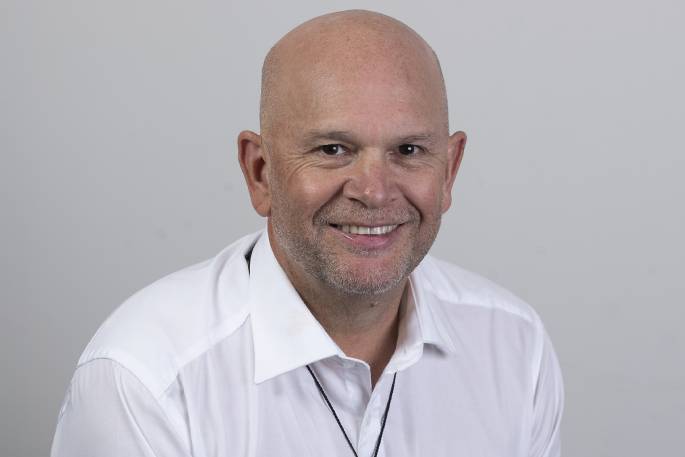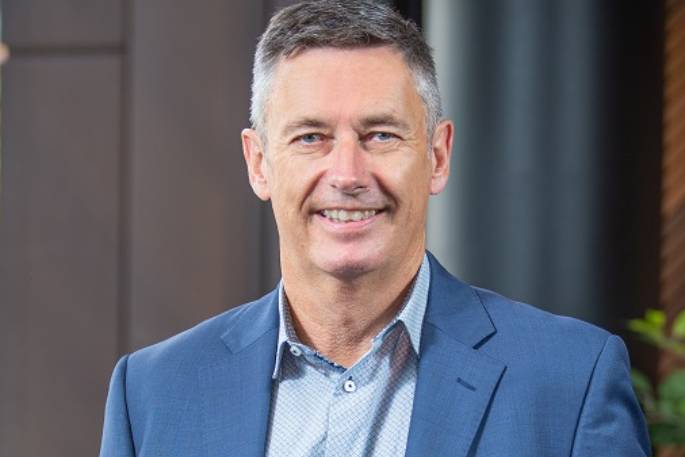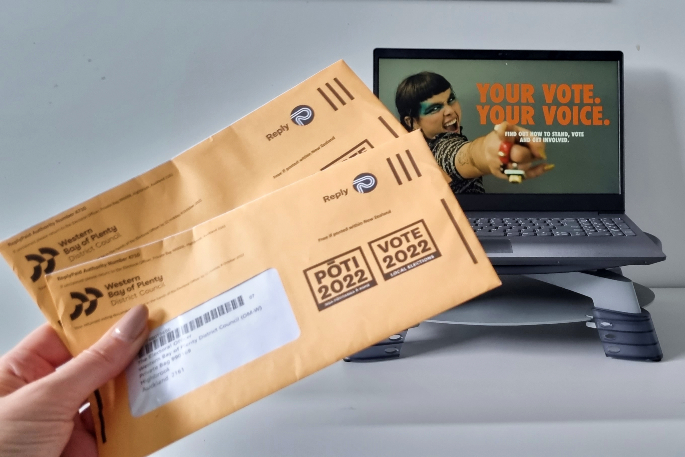The Western Bay of Plenty District Council's Generation Change campaign aimed at attracting more diversity to the council table has resulted in less diversity than the previous triennium.
The campaign cost ratepayers just over $94,000 and while there are some younger members on council, there is less ethnic diversity.
New mayor James Denyer is 46 years old, 30 years the junior of his predecessor Garry Webber and the gender balance of three females and nine males has remained the same.
The council chief executive officer John Holyoake told Local Democracy Reporting the council saw ‘Generation Change He panoni ā reanga' as being 'much bigger than elections”
'[The campaign] has been our vehicle to everyone, from all walks of life, to show their passion for the district by helping influence more positive change for our community – whether standing for council, encouraging someone to, or voting.”
When asked if he thought the council had achieved its goal through the campaign he replied: 'Change doesn't happen overnight”.
'We have connected with a diverse range of people from our communities, with different lived experiences, and that has been fantastic.
'A total of 59 candidates put their hat in the ring to represent the Western Bay, that's a real win for community representation across our district,” says Holyoake.
'This year's nominations include the broadest range of candidates that we've seen in a very long time.
'There's people from different generations, various walks of life, and there's no doubt they each possess different skills and have unique lived experience.”
 Western Bay of Plenty District Council CEO John Holyoake. Photo: Supplied.
Western Bay of Plenty District Council CEO John Holyoake. Photo: Supplied.
An example of this is the mayoralty race in 2022 compared to 2019.
In 2022 there were eight candidates, seven male, one female, with three of those Māori. In 2019 just three people stood for mayor, two of which were male and one female.
Holyoake says council will 'continue to push the boundaries”.
'The Generation Change campaign … is our ongoing vehicle to raise the profile of the important role council plays alongside the community in shaping our district for future generations.”
Local Government New Zealand (LGNZ) president Stuart Crosby says the WBOPDC 'successfully … created a platform for candidates and [the] community to engage”.
But he says it is 'always a moot point” because there are 'two camps” with one thinking it was a council's role to 'independently, without bias market the election and create a platform for candidates”.
'There's another line of thought that they [councils] should stay right out of it,” says Crosby.
LGNZ is the national advocacy body that represents local government elected members.
Voter turnout
Like the Western Bay of Plenty District Council, LGNZ in conjunction with Taituarā — Local Government Professionals Aotearoa ran a Vote 2022 campaign.
It had a similar goal to Generation Change, to attract more candidates to stand for council and increase voter participation.
In terms of attracting candidates, Crosby says: 'It [the campaign] didn't get off to a robust start initially, but it gathered momentum, and we had a good range of candidates across New Zealand”.
With voter turnout, Crosby says the campaign 'didn't hit the targets we were hoping for”.
'We need to own that and be honest about it. No, we didn't get the turnout that we were trying to seek.”
He says the target was to improve on the 2019 election's national voter turnout of 42 per cent. The 2022 voter turnout was 40.44 per cent, according to the LGNZ website.
Crosby says there are a 'range of reasons” for low voter turnout, including disconnection between communities and council, postal voting and information about candidates.
Currently, the information booklet sent out with voting papers allows candidates 150 words to introduce themselves.
 Local Government New Zealand president Stuart Crosby. Photo: Supplied.
Local Government New Zealand president Stuart Crosby. Photo: Supplied.
LGNZ has 'informally” asked the Local Government Minister Nanaia Mahuta to review how elections can be 'delivered more consistently and impactfully,” says Crosby.
'LGNZ has asked for a piece of research to be done to get a clear understanding what the issues are.
'It's critical that people feel as if they can exercise their democratic right, which was hard fought for, and help shape their communities through their elected members as they move forward.”
Locally, the WBOPDC's voter turnout was 37.6 per cent down from 39.1 per cent in 2019 and 38.4 per cent in 2016.
Prior to the election, Holyoake told Local Democracy Reporting the council would be 'disappointed” if they didn't achieve higher turnout than the 2019 election
When asked what he thought of the result, Holyoake replied: 'We've done all we can in this year's elections, through our Generation Change campaign, to increase voter participation and attract a more diverse range of candidates and voters.”
'We're proud knowing that we've done as much as we could, and beyond that it's out of our control.”
Regarding what changes were needed to improve voter turnout, Holyoake says it was time for a 'serious look” at the current system.
'With the digital age and decline in post shops now is the time to connect with communities in the ways they interact in everyday life.
'Whatever the eventual solution, or range of solutions may look like - it's about making it easy and accessible.”
Broken down figures provided by WBOPDC show the Generation change campaign spend (as of 19 October) was advertising $57,743, debates $29,688 and poll parties $6796 (including GST).
Public Interest Journalism funded through NZ On Air.




7 comments
Disconnected
Posted on 21-10-2022 17:51 | By Kancho
Younger people and Maori are disconnected from must things, politics being one . Education in seems another with recent study of failure in reading , writing and maths to required standards . Sort of not surprising when Tauranga shows that democracy has been overruled by the government for two electoral cycles, so why bother when you will be told what to do by an out of touch ideological Wellington bureaucracy
Define Diversity
Posted on 21-10-2022 20:30 | By Hugh Janis
All of these people come from different backgrounds and all have different stories to tell, making them diverse. Race and gender do not make you diverse and are a cheap and contrived attempt at achieving diversity. The sooner we move past it the better.
Everybody.............
Posted on 21-10-2022 20:52 | By groutby
..as voters or candidates has exactly the same opportunity....'sink or swim' on individual merits.....democracy as we expect, no more no less, and no artificial favouritism!...
Democracy ...
Posted on 21-10-2022 21:43 | By Equality
.... is when a person votes for whom THEY want to vote - not vote for someone they have been told to vote for. John Holyoake should know better than to try to force his opinions on his constituents.
We all agree then
Posted on 22-10-2022 11:22 | By Kancho
I agree wholeheartedly with Hugh Janus groutby and Equality. Merit and democracy not notions of inferiority that needs a hand. Surely insulting when you think about it
Ask Mahuta!
Posted on 22-10-2022 12:15 | By Kancho
LGNZ has “informally” asked the Local Government Minister Nanaia Mahuta to review how elections can be “delivered more consistently and impactfully,” says Crosby Yet Mahuta has denied democracy in Tauranga for two electoral cycles so why ask her, this is contempt on her government to local government. Can't wait for the general elections to be rid of the most damaging government ever.
Waste of money
Posted on 23-10-2022 00:00 | By Slim Shady
We would be better off if Mahuta just installed a relative on the Council and gave them the money instead.
Leave a Comment
You must be logged in to make a comment.